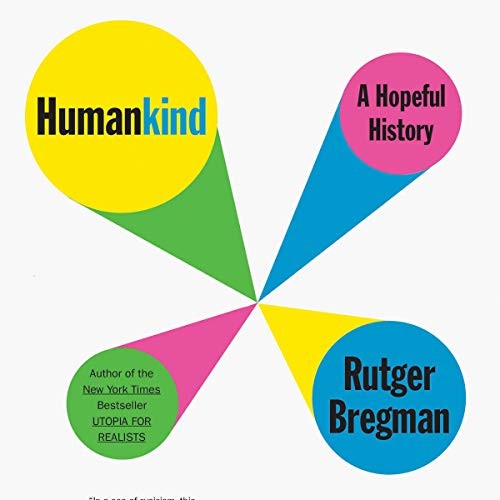Amkiel reviewed La humanitat by Rutger Bregman
LA HUMANITAT Una història d'esperança —Rutger Bregman
5 stars
Costa creure en la Humanitat quan veus segons què i tot sembla anar a pitjor dia rere dia, sense esperança en què un món millor sigui possible. Sort de llibres com aquest que ens hi reconcilien. La gent és bona per naturalesa i, encara que et titllin de ridícul o d'ingenu, cal actuar en conseqüència. La ingenuïtat d'avui pot ser el sentit comú de demà.
Costa creure en la Humanitat quan veus segons què i tot sembla anar a pitjor dia rere dia, sense esperança en què un món millor sigui possible. Sort de llibres com aquest que ens hi reconcilien. La gent és bona per naturalesa i, encara que et titllin de ridícul o d'ingenu, cal actuar en conseqüència. La ingenuïtat d'avui pot ser el sentit comú de demà.




